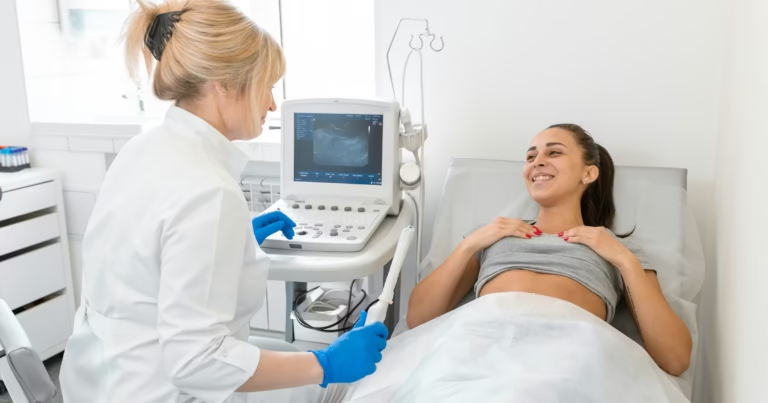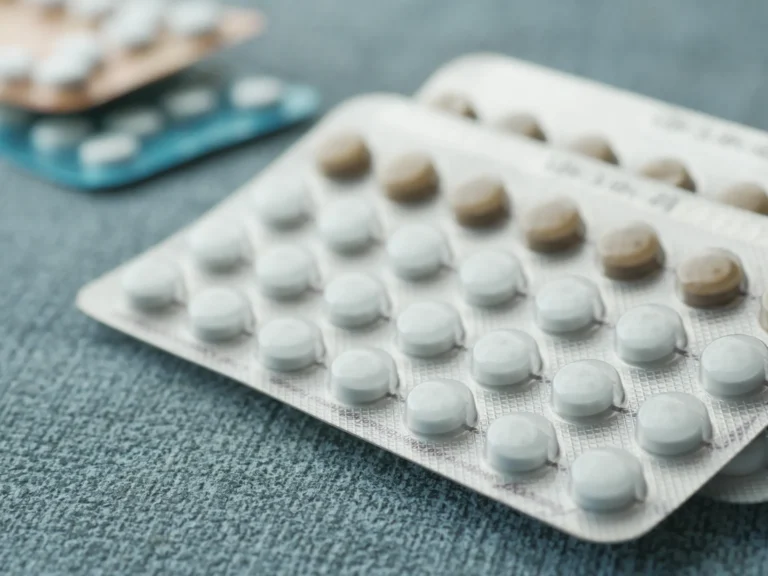Understanding PCOS: Symptoms, Causes, and Treatment Options
Polycystic ovary syndrome (PCOS) is one of the most common hormonal disorders affecting women of reproductive age. Despite its prevalence, many women are still unaware of the condition, its symptoms, or the treatment options available. Understanding PCOS is crucial for managing the condition and improving overall health. In this article, we’ll explore the symptoms, causes, and treatment options for PCOS, and why it’s important to seek timely medical advice.
What is PCOS?
Polycystic ovary syndrome (PCOS) is a hormonal disorder that affects the ovaries, causing them to become enlarged and develop small cysts on the outer edges. These cysts are actually immature follicles that haven’t developed properly, and they can interfere with the normal function of the ovaries, particularly the release of eggs. This results in irregular ovulation, and in some cases, infertility.
PCOS can also lead to an imbalance in hormone levels, including an increase in androgens (commonly known as “male hormones”), which can cause physical symptoms such as excess facial or body hair. PCOS is a lifelong condition, but its symptoms can be managed with the right treatment plan.
Symptoms of PCOS
PCOS symptoms vary from person to person, and not everyone will experience all of them. However, common symptoms include:
1. Irregular Periods
One of the most common signs of PCOS is irregular or missed periods. Women with PCOS may experience infrequent periods or even go months without menstruating. Irregular ovulation makes it difficult to predict when periods will occur, making it harder to conceive.
2. Excessive Hair Growth (Hirsutism)
Elevated androgen levels in women with PCOS can lead to excessive hair growth in areas such as the face, chest, back, and abdomen. This condition, called hirsutism, can cause significant distress for many women, affecting their self-esteem and quality of life.
3. Acne and Oily Skin
Increased androgens can also contribute to the development of acne, particularly on the face, back, and shoulders. Oily skin is another common symptom, making the skin prone to breakouts.
4. Thinning Hair or Male-pattern Baldness
Some women with PCOS may notice thinning hair on the scalp, a condition similar to male-pattern baldness. The hair may appear finer or fall out more easily, leading to thinning spots or visible patches.
5. Weight Gain and Difficulty Losing Weight
PCOS is often associated with weight gain, especially around the abdominal area. Many women with PCOS find it difficult to lose weight due to hormonal imbalances that affect metabolism. Obesity is also linked to an increased risk of developing other health conditions like type 2 diabetes and heart disease.
6. Infertility
One of the more concerning symptoms of PCOS is infertility. Irregular ovulation makes it harder for women to get pregnant, though many women with PCOS are still able to conceive with medical intervention.
7. Skin Darkening (Acanthosis Nigricans)
Some women with PCOS develop dark, thick patches of skin, typically around the neck, armpits, or groin. This condition is called acanthosis nigricans and is a sign of insulin resistance.
Causes of PCOS
The exact cause of PCOS remains unknown, but several factors are believed to contribute to its development:
1. Hormonal Imbalance
PCOS is primarily caused by an imbalance in reproductive hormones. Higher-than-normal levels of androgens (male hormones) interfere with the development of ovarian follicles and normal ovulation. The hormonal imbalance can also lead to symptoms such as excessive hair growth and acne.
2. Insulin Resistance
Many women with PCOS have insulin resistance, which means their body cannot use insulin properly. This leads to higher levels of insulin in the blood, which may contribute to weight gain and the development of other symptoms. Insulin resistance is also a risk factor for type 2 diabetes and cardiovascular disease.
3. Genetic Factors
PCOS tends to run in families, indicating a genetic link. If your mother or sister has PCOS, you may be more likely to develop it yourself.
4. Inflammation
Women with PCOS often have higher levels of inflammation in their bodies. Chronic low-grade inflammation can contribute to insulin resistance, weight gain, and the development of other symptoms.
Treatment Options for PCOS
Although there is no cure for PCOS, the symptoms can be effectively managed with the right treatment plan. Treatment often involves a combination of lifestyle changes, medications, and sometimes medical procedures.
1. Lifestyle Changes
- Diet: A balanced diet can help manage weight and insulin resistance. A diet rich in whole grains, lean proteins, vegetables, and fruits is recommended, while limiting processed foods, sugars, and refined carbohydrates.
- Exercise: Regular physical activity helps control weight, improve insulin sensitivity, and boost overall health. A combination of cardio exercises (such as walking, running, or swimming) and strength training is beneficial.
- Stress Management: Managing stress through relaxation techniques, yoga, meditation, and other activities can help regulate hormonal levels and improve overall well-being.
2. Medications
- Birth Control Pills: Hormonal birth control is often prescribed to regulate periods, reduce acne, and manage excessive hair growth. Birth control pills work by regulating hormones and providing consistent hormone levels.
- Metformin: This medication is often used to treat insulin resistance in women with PCOS. It helps improve insulin sensitivity and may aid in weight management and reducing the risk of diabetes.
- Anti-androgen Medications: Drugs like spironolactone can help block the effects of androgens, reducing symptoms like hirsutism and acne.
- Clomiphene Citrate: For women with PCOS who are trying to conceive, clomiphene citrate is often prescribed to stimulate ovulation and improve fertility.
3. Surgical Options
In some cases, surgery may be considered. One option is ovarian drilling, a procedure in which small holes are made in the ovaries to reduce androgen production and improve ovulation. This is typically recommended for women who have not responded to medication.
Conclusion
PCOS is a common but manageable condition that affects many women around the world. While its symptoms can be distressing, the condition can be controlled with lifestyle changes, medical treatments, and early intervention. If you suspect you have PCOS or experience symptoms like irregular periods, acne, or difficulty getting pregnant, consult a healthcare provider. Early diagnosis and treatment can help manage symptoms and improve quality of life. With the right support, women with PCOS can lead healthy, fulfilling lives.







